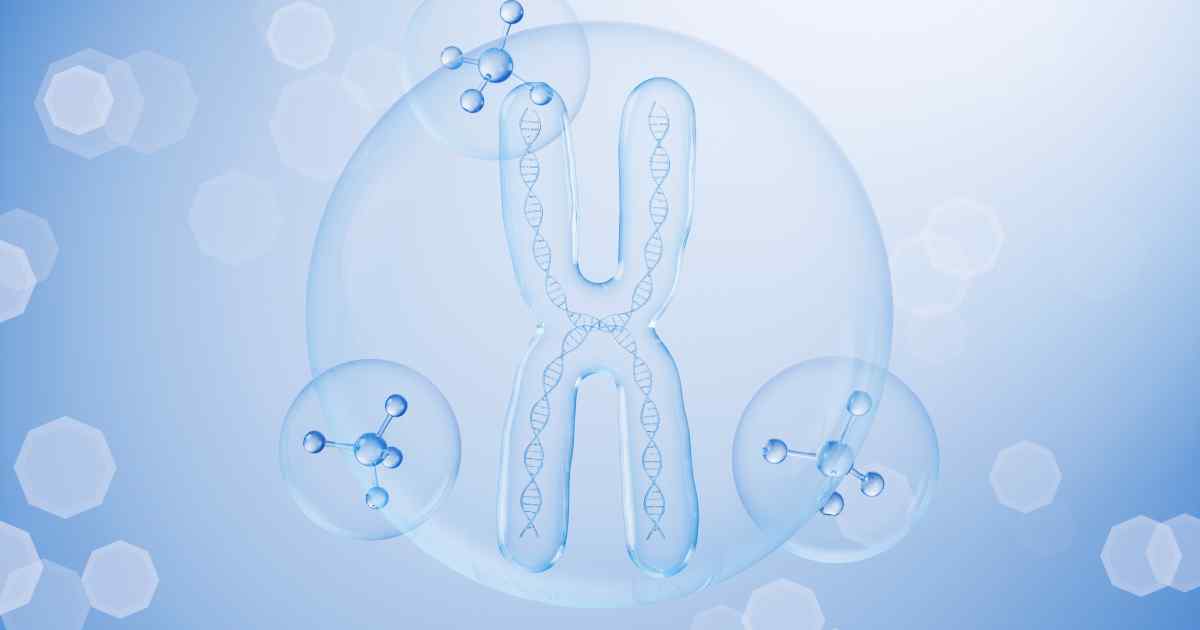
Expert Reviewed By: Dr. Brandon Colby MD
Understanding Cardiofaciocutaneous Syndrome 3
Cardiofaciocutaneous syndrome 3 (CFC3) is a rare genetic disorder characterized by distinct facial features, heart defects, skin abnormalities, and developmental delays. It falls under the broader category of RASopathies, a group of disorders caused by mutations in genes that affect the RAS/MAPK pathway, crucial for cell growth and division. The complexity of CFC3 arises from its multi-system involvement, making diagnosis and management particularly challenging.
The Genetic Landscape of CFC3
The genetic underpinnings of CFC3 are primarily linked to mutations in the BRAF, MAP2K1, MAP2K2, and KRAS genes. These mutations disrupt normal cellular signaling, leading to the diverse clinical manifestations seen in affected individuals. Genetic testing plays a pivotal role in identifying these mutations, offering insights into the disorder's pathogenesis and aiding in accurate diagnosis.
The Role of Genetic Testing in Diagnosis
Genetic testing serves as a cornerstone in diagnosing CFC3. By analyzing the patient's DNA, healthcare providers can pinpoint specific mutations responsible for the syndrome. This not only confirms the diagnosis but also helps differentiate CFC3 from other RASopathies and similar genetic disorders. Early and precise diagnosis is crucial, as it enables timely intervention and management, potentially improving the quality of life for affected individuals.
Genetic Counseling and Family Planning
Genetic testing extends its benefits beyond diagnosis to genetic counseling. Families affected by CFC3 often face uncertainties regarding recurrence risks in future pregnancies. Genetic testing provides valuable information that can guide family planning decisions. Through genetic counseling, families receive education and support, empowering them to make informed choices about their reproductive options.
Personalized Management and Treatment
Understanding the specific genetic mutation involved in CFC3 opens avenues for personalized management and treatment strategies. While there is no cure for CFC3, knowing the genetic basis of the disorder allows healthcare providers to tailor interventions that address the unique needs of each patient. This personalized approach can lead to more effective symptom management and improved overall outcomes.
Research and Future Directions
Ongoing research continues to unravel the complexities of CFC3 and its genetic underpinnings. Studies like the one investigating ADAMTS3 in Hennekam lymphangiectasia–lymphedema syndrome 3 highlight the importance of genetic research in understanding lymphatic development and associated genetic mutations. These insights not only enhance our understanding of genetic disorders but also pave the way for potential therapeutic advancements.
Conclusion
Cardiofaciocutaneous syndrome 3, with its intricate genetic basis and diverse clinical manifestations, underscores the significance of genetic testing in modern medicine. From diagnosis to personalized management and family planning, genetic testing offers a comprehensive approach to understanding and addressing this rare disorder. As research progresses, the hope is that these genetic insights will lead to innovative therapies and improved outcomes for individuals living with CFC3.
For more detailed insights into the genetic aspects of related syndromes, you can refer to the study on ADAMTS3 and Hennekam lymphangiectasia–lymphedema syndrome 3.
About The Expert Reviewer
Dr. Brandon Colby MD is a US physician specializing in the personalized prevention of disease through the use of genomic technologies. He’s an expert in genetic testing, genetic analysis, and precision medicine. Dr. Colby is also the Founder of and the author of Outsmart Your Genes.
Dr. Colby holds an MD from the Mount Sinai School of Medicine, an MBA from Stanford University’s Graduate School of Business, and a degree in Genetics with Honors from the University of Michigan. He is an Affiliate Specialist of the American College of Medical Genetics and Genomics (ACMG), an Associate of the American College of Preventive Medicine (ACPM), and a member of the National Society of Genetic Counselors (NSGC)